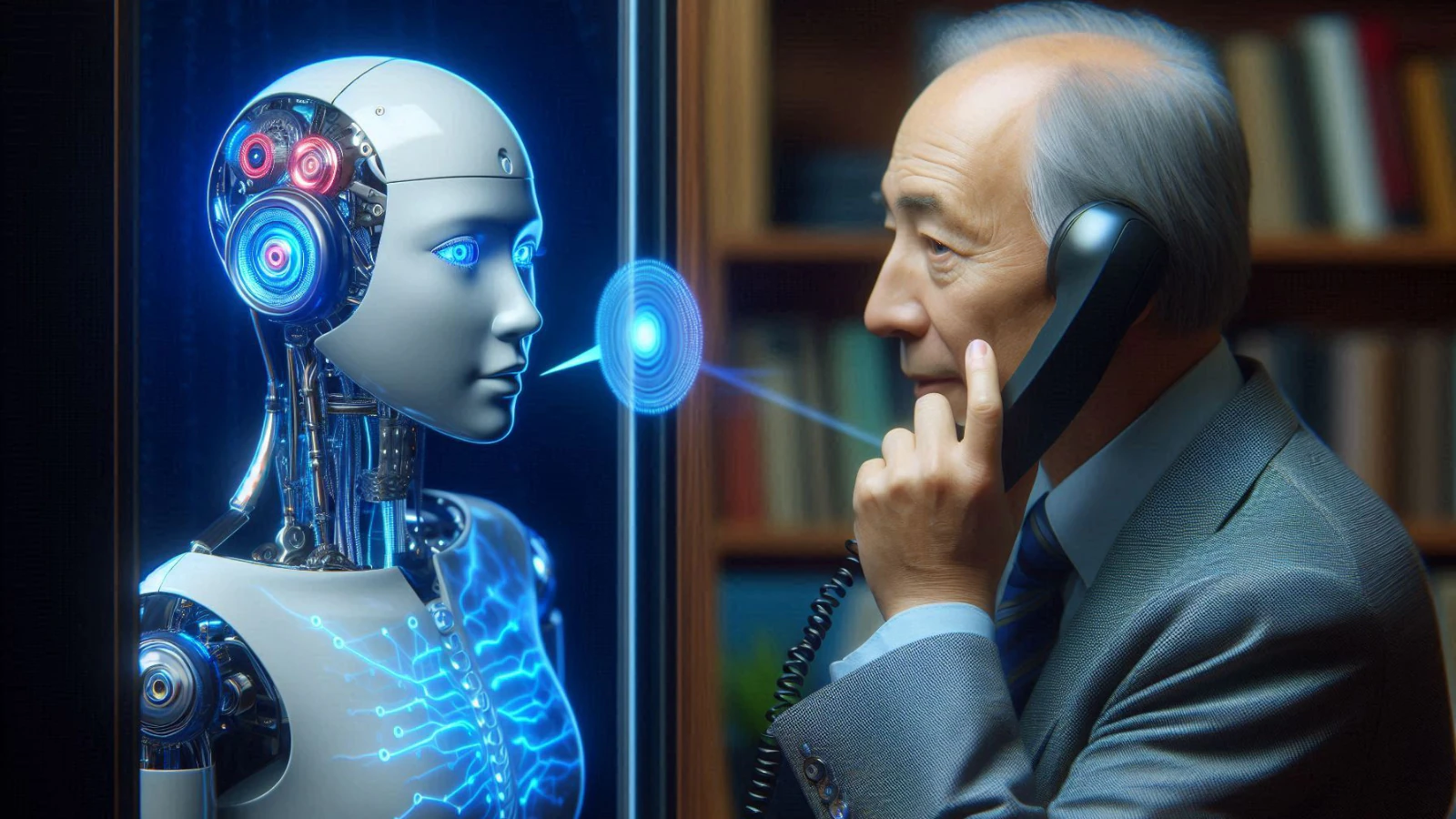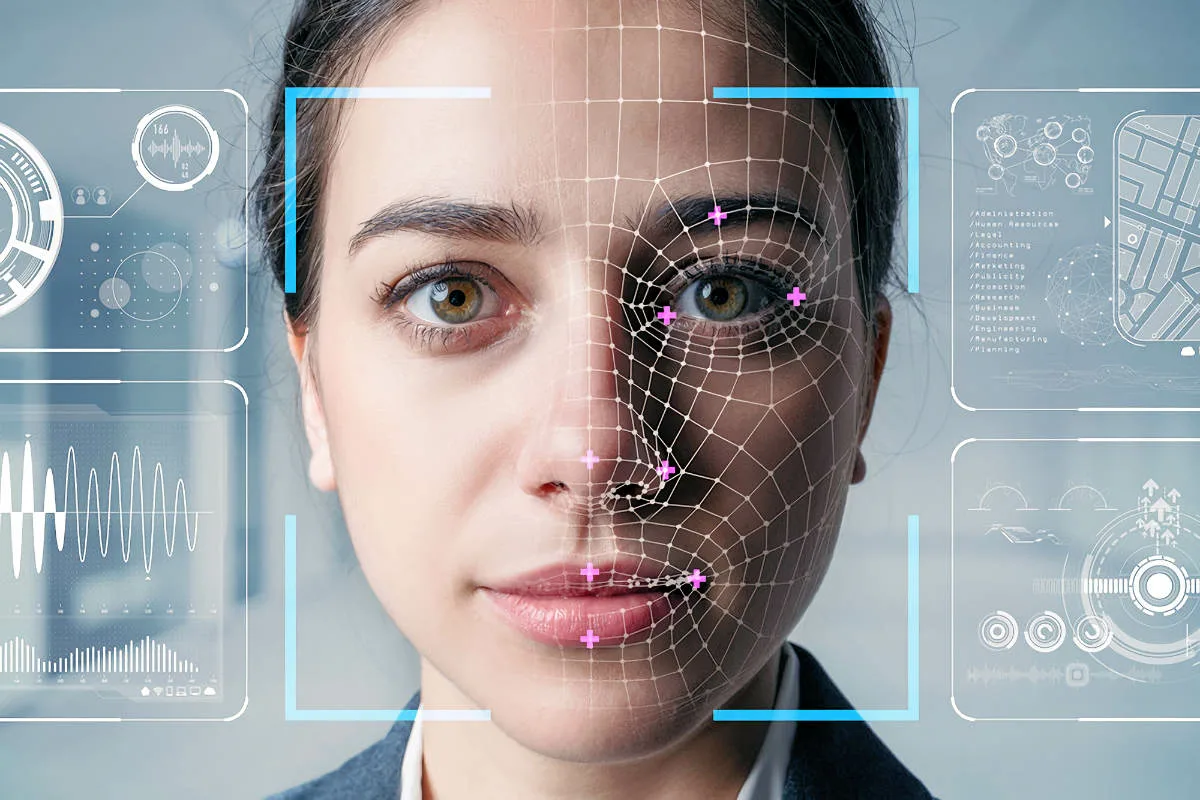Cybercriminals are getting victims faster and more accurately personal and banking information. Computer fraud specialist Javier Alvarez says it’s just enough clone a human voice for four seconds to create fake audio recordings and trick his family and friends.
This type of fraud, which is amplified by technologies such as Artificial intelligence, is becoming more and more popular, and if we do not relax, we may face consequences.
What is Voice Clone Scam?

At the Cybercamp III organized by the National Institute for Cyber Security (INCIBE) and the University of León, Alvarez explained that 90% of cybercrime There is computer fraud, and most of them are economic. He added that caution should be exercised when it comes to“urgent requests”.
Voice cloning scams, also known as voice cloning scams Hacking, creates voice recordings of victims and uses them against acquaintances and family members to ask for money or try to carry out other fraudulent acts. Scammers can record a person’s voice without their consent and Use this audio to send fake messages that appear to be real.
According to the expert, if you are called by the voice of a relative and asked to perform “Bizum” or transfer money because he needs money, he lost his wallet, etc., “You will believe, because it is his voice”. They may also ask you to remind them of some important information, as if they had forgotten it, and thus receive the information.
They can pretend not only to be a family member or friend, but also to you, your work colleagues and even your boss. For this reason, Alvarez emphasizes that it is always better to be vigilant and that although you can lose face in front of a friend because you did not lend him money, “We will avoid fraud in 99% of cases”.
How Can You Protect Yourself From Voice Hacking Scams?

INCIBE offers several basic advice and preventive measures on how to protect against this increasingly common type of fraud.
- Beware of calls from unfamiliar numbers: If you decide to answer, please verify the caller’s identity before providing your personal data. Look suspiciously at strange requests or sayings that create a sense of urgency, and always check the information. Stay calm, take your time, and if in doubt, seek help from someone you trust.
- Avoid using voice assistants in public places: In public places, voice assistants can intercept conversations or commands that malicious actors can use to trick you or clone your voice. To reduce this risk, use them only in private and secure places.
- Constantly Update your devices – It’s crucial to keep your devices and software up to date, as these updates often fix security vulnerabilities and protect against new attacks. Install security updates and patches as soon as they appear.









